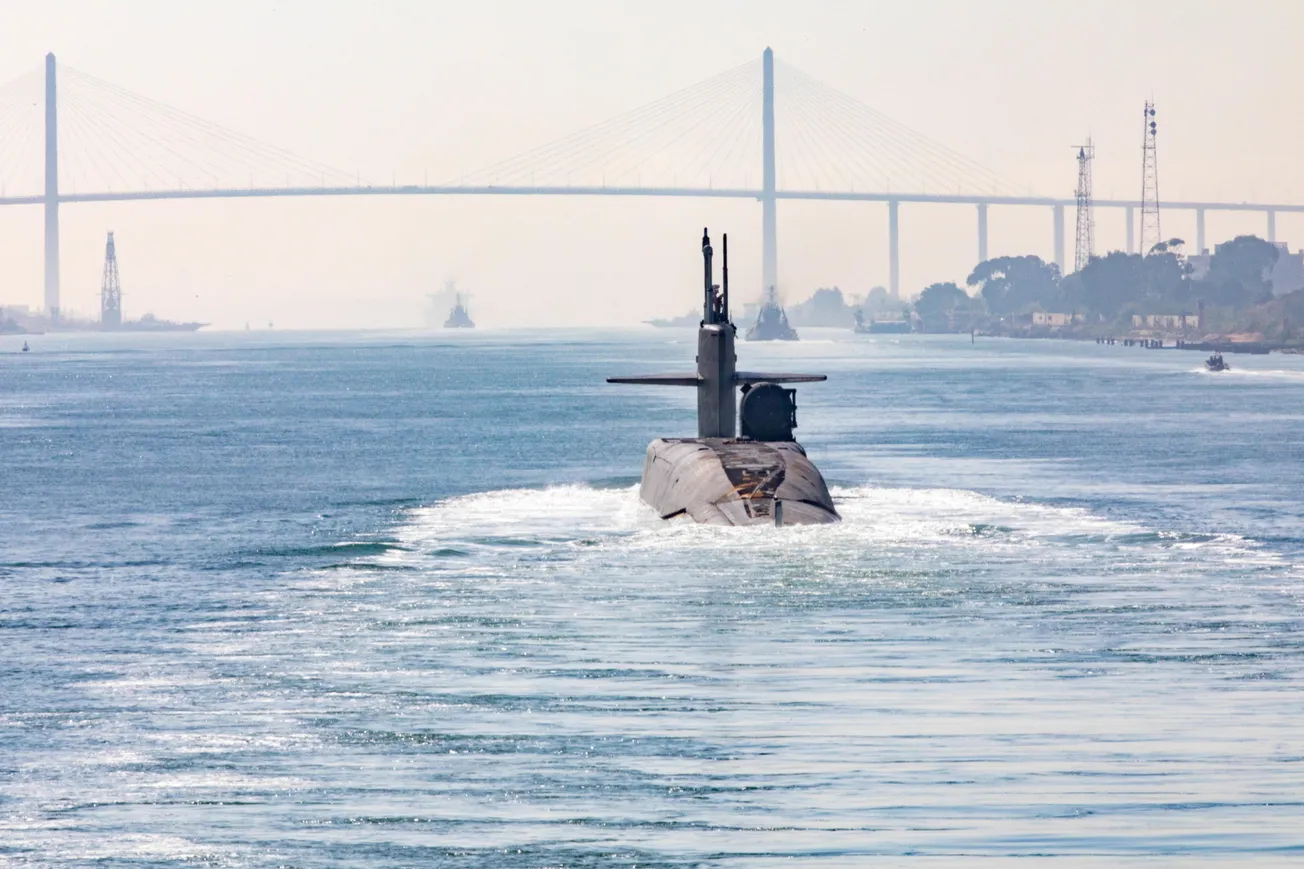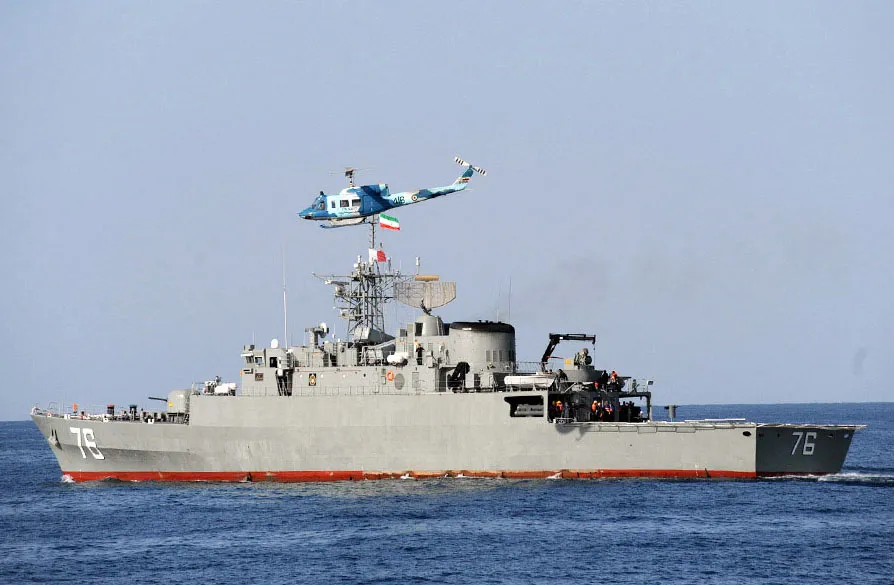The deployment of an Ohio-class nuclear submarine to U.S. Central Command was a hot topic at yesterday’s Pentagon briefing with spokesman Brig. Gen. Patrick Ryder. Ryder still wouldn’t name the sub, but press rumors suggest that it’s the USS Florida, which is one of the four subs that were converted to carry up to 154 Tomahawk cruise missiles and U.S. Navy SEALS. “And so what this does, again, is further support our deterrence efforts in the region, and I’ll just leave it at that,” Ryder said. According to Al-Monitor, the Florida was last reported to have passed through the Suez Canal into the Red Sea in April.
What’s behind the deployment is continued attacks, though mostly ineffective, on U.S. military bases in Iraq and Syria. The submarine deployment is supposed to “deter” the groups behind them from launching any future attacks. Ryder reported that there have been 38 such attacks, 20 in Iraq and 18 in Syria. Ryder reported that 46 U.S. troops have been wounded, 25 of whom suffered traumatic brain injuries, or TBI. TBI is the result of the concussive effects of an explosion, and there may be no outward sign of injury at first. Ryder said that all of the injuries resulted from attacks prior to the Oct. 26 U.S. strikes on two targets in Syria.
The groups responsible for the attacks, said to be Iranian proxies, seem not to be deterred so far. Sunday was a particularly violent day, with five rocket and one-way drone attacks near Al-Asad Airbase, Iraq, and in two locations in Syria, an anonymous Pentagon official told Politico. Unnamed sources told Türkiye’s Anadolu Agency that the U.S. military had shot down three explosive-laden drones attempting to attack the U.S. al-Tanf base in Syria.
As for the USS Florida, should that be the sub deployed, RT reports the following useful item:
“The USS Florida was deployed for the first time in combat in 2011, when it bombarded Libya as part of the NATO operation to back rebel forces seeking to topple Muammar Qaddafi. The North African nation remains politically fractured and economically devastated more than a decade after the intervention.”




